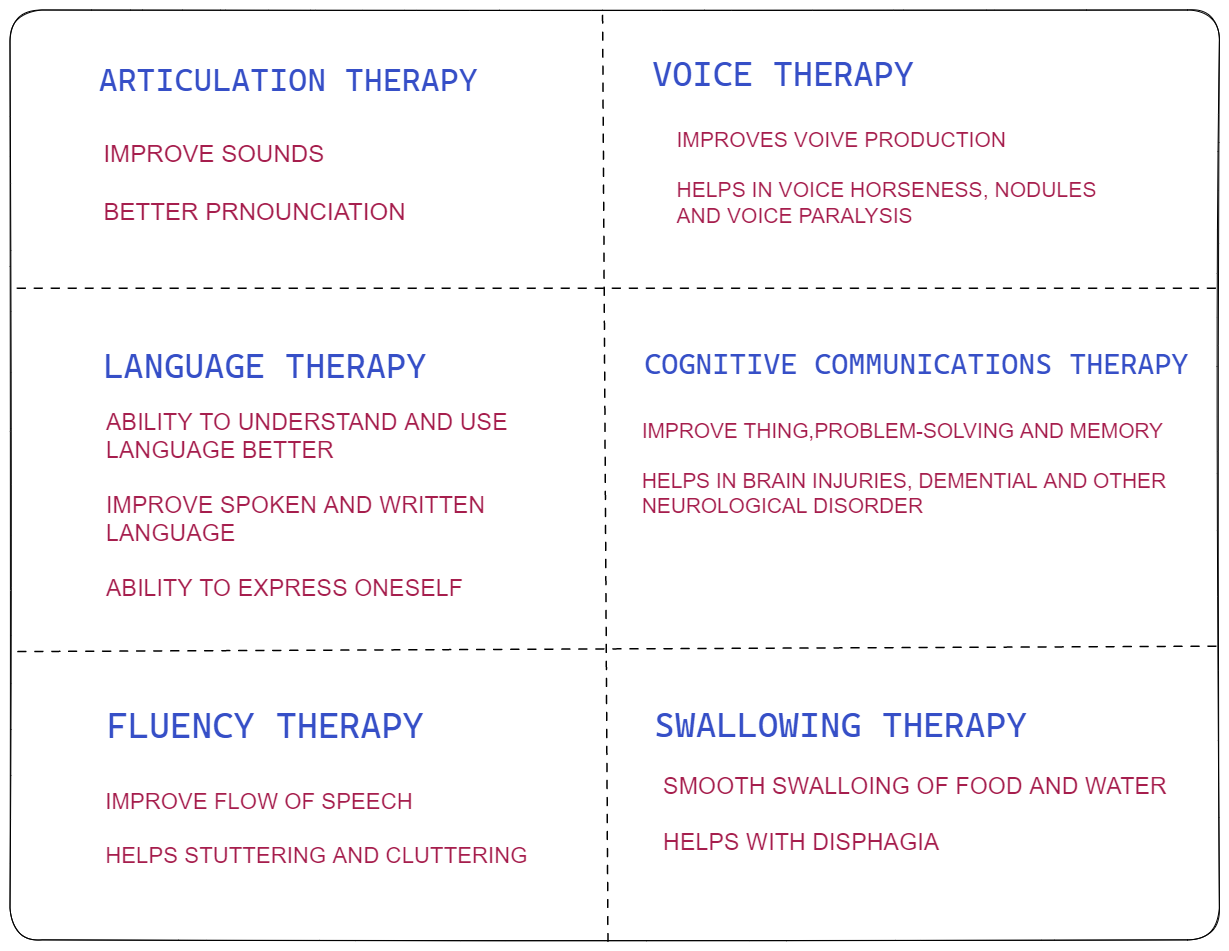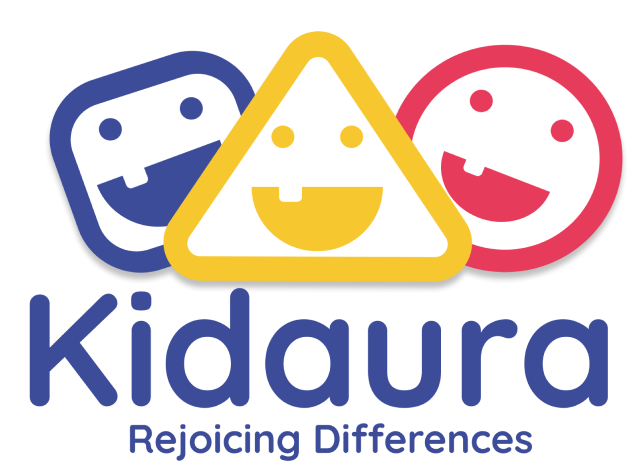Speech Therapy - Meaning and Benefits
Published by Madhushree
a year ago
Speech therapy or speech-language pathology is a healthcare profession aiming to assess, diagnose and treat communication and speech disorders. Speech therapists treat people of all ages, from babies to adults. In this blog post, we will bring to view what speech therapy is, the various areas it assesses, and its benefits.
Speech therapy mainly focuses on issues faced by children or adults having speech, tongue, and swallowing problems that hinder the individual's communication. It also assesses certain cognitive-communication disorders that affect thinking, memory, and problem-solving. Speech therapists and Speech-Language Pathologists are the same, having no differences in their professional qualifications. They are both licensed communication professionals that focus on treating speech and language disorders.
What do Speech Therapists or Speech Pathologists do?
Speech therapists or, Speech-Language Pathologists (SLPs) follow a process of greeting the patient and building a good rapport. The first step is to assess the client using various assessment tools to understand the kind of speech, swallowing, or communication issue they are experiencing. There are various ways to assess, which would include interviewing the family and the client, an observatory session on communication and swallowing and even using standardized assessment tests. All of these methods prove to be rewarding for therapists in bringing to light the real issues being faced.
Having gathered information from various means, speech therapists can make a diagnosis. It becomes extremely consequential to identify what the problem areas are and categorize them under particular disorders. There are various kinds of speech disorders and understanding the client’s needs becomes salient.
Putting a name on the disorder, and giving a professional diagnosis would then lead to designing the right treatment plan tailoring it to the individual needs and goals. Speech therapists put together multiple techniques and exercises to better the speech, communication, or swallowing problems. Speech therapists also add the element of creativity which helps to attune the therapy plan keeping in mind the interest and demands of the disorder.
In addition to the clinical treatment that SLPs provide, educating parents and caregivers about the issues, the necessary techniques and strategies, and other such relevant information become key. They also support and provide counseling sessions to keep them informed and calm throughout the process.
Different types of Speech Therapy Techniques

Benefits of Speech Therapy
Improved communication skills
One of the primary benefits of speech therapy is improved communication skills. Speech therapy can help individuals improve their ability to speak, understand, and use language, allowing them to communicate more effectively with others.
Better social relationships
Improved communication skills can help individuals build stronger social relationships and improve their ability to connect with others.
Reduced risk of choking or aspiration
Swallowing therapy can help individuals improve their swallowing abilities, reducing the risk of choking or aspiration
Improved nutrition and hydration
As swallowing abilities improve, individuals may be able to eat and drink a wider range of foods and liquids, leading to improved nutrition and hydration.
Improved quality of life
By improving communication and swallowing abilities, speech therapy can help individuals improve their overall quality of life and increase their independence.
Improved cognitive abilities
Cognitive-communication therapy can help individuals with cognitive-communication disorders improve their thinking, memory, and problem-solving abilities.
In conclusion, speech therapy is a specialized form of treatment that can help individuals with communication and swallowing disorders. There are several different types of speech therapy, each designed to address specific challenges related to speech, language, voice, fluency, cognition, swallowing, or accent modification. Using these strategies and techniques one can overcome these challenges in a smooth and comfortable way.
Share via

© 2019-2024 Kidaura, All Rights Reserved




